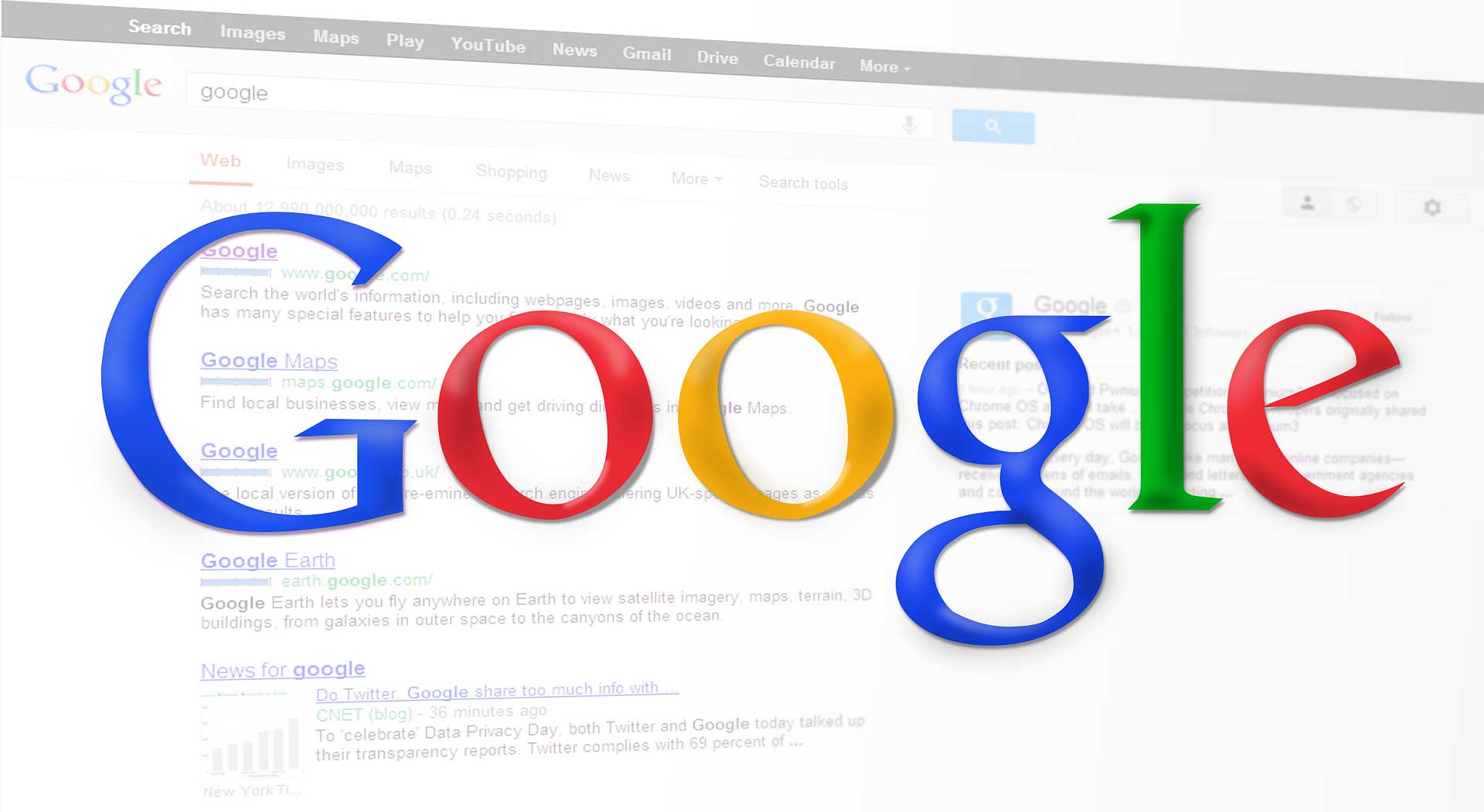Google updated its search rater’s guidelines to introduce E-E-A-T.
To better assess our results, E-A-T is gaining an E: experience. In addition to expertise, authoritativeness, and trustworthiness, does content demonstrate some degree of experience? Learn more about how E-E-A-T is now part of our search rater guidelines https://t.co/8hCj1Gk49S
— Google Search Central (@googlesearchc) December 15, 2022
Previously, it was just E-A-T, which stands for creating content that is Expertise, Authoritativeness, and Trustworthiness. The new “E” stands for Experience.
For some context, Google hires real humans to help them make search better, which they call Quality Raters. Anyone applying to become a quality rater must pass a relatively comprehensive set of tests. A vital aspect of those tests is understanding E-E-A-T to properly “rate” a website or landing page.
So with the introduction of E-E-A-T (emphasis on the first E, but it could be the second!), many SEOs suggest that expertise (what’s always been there from the start) should already account for experience, so why then make things more complicated?

While I admit there are many similarities, there’s still a big difference between expertise and experience.
For instance, any college graduate could claim that they are an expert because they have a Bachelor’s or a Master’s degree in a particular field.
But the problem is that they often need more experience to provide real value, either as new hires or via a written article or blog.
Let’s consider my personal “experience”…
As a marketing professional, I’ve worked with some college graduates who claim they know what it takes to run and grow a successful business with marketing.
The problem is when it comes to execution and delivering results.
Often, they end up doing things that fail to drive the results the business needs to move forward.
It may even get to a point where their degree doesn’t matter, and it would have been more beneficial to the business to hire someone with actual “experience” in the field.
How Experience and Expertise Differ in Digital Marketing
Let’s dig deeper and consider an SEO professional as an example.
A company hires a recent college marketing graduate who’s also watched countless videos on Youtube about SEO to take their organic traffic to the next level.
Sounds like he’s about to take over the world and get the company’s website ranking ahead of all its competitors, right?
Not quite.
Without practical hands-on experience on various websites in different industries and working with different types of businesses, it gets hard to do the job well.
You see, it’s easy to explain SEO and sound smart. It’s also easy to follow SEO professionals like Brian Dean and think you’ve got it all figured out.
But what happens when you get hired as an SEO who has gotten no results after six months?
It’s easy to spend all day building web 2.0 backlinks and creating content with Ai on an SEO campaign. Or, in the case of PPC, create 100 different ads with no notable improvements in ROI.
With no experience in the field and only a few videos of “successful” stories in your browser history, you might not get very far because you haven’t been through the ups and downs associated with the job (or topic) at hand.
People who have done something long enough and have had some level of proven success on a professional level will go much further and offer more value than someone who’s only got a 2-year or 4-year certificate.
Of course, if you add a relevant degree, good storytelling, and industry expertise to your experience, you’re much more likely to be successful.
Making Use of Personal Experience to Create Better Content
But then you might be wondering:
How do I implement this to get better results with my approach to content creation to rank more competitively in SERPs?
The answer is simple; you speak from experience whenever you can.
Did you notice how I mentioned that I have worked with various marketing professionals that claim one thing and then not living up to it?
Did you also notice how I brought up a valid argument of how not to do SEO which would seem obvious if you’ve been around the block?
That approach allows me to use storytelling to make my reader connect on a deeper level with my writing rather than just sounding smart or solving a problem (Expertise).
With limited experience, it’s hard to be a good storyteller or be more authentic with your writing which helps you build a stronger connection with your audience.
For instance, I wrote this article without using Ai or doing any prior research before writing it (at least, the original article, that is).
I did not need to cite any sources to get my point across and make it believable – because it’s authentic, comes from experience, and is relatable to my audience.
Any writer with enough experience in what they write could do the same.
For example, a certified mechanic specializing in Honda vehicles with years of experience will likely write a better article about how to fix Honda cars than someone who just recently got certified with no hands-on experience.
Conclusion
Before introducing this update, Google released a helpful content update that aimed at making Ai tools less relevant since they are becoming increasingly popular with SEOs to produce mass amounts of content with little to no added value.
The recent update to the rater guidelines takes things further by requiring raters to be more proactive about which website or landing pages get a higher rating.
Of course, that means that Google’s algorithms will continue rewarding websites that don’t rely so much on using Ai tools (e.g., ChatGPT) or creating content with no added value as opposed to what’s already out there.
Writers with real-life experience in whatever they write about will have a much better chance of excelling at creating valuable content, which is what both Google and searchers are looking for.

